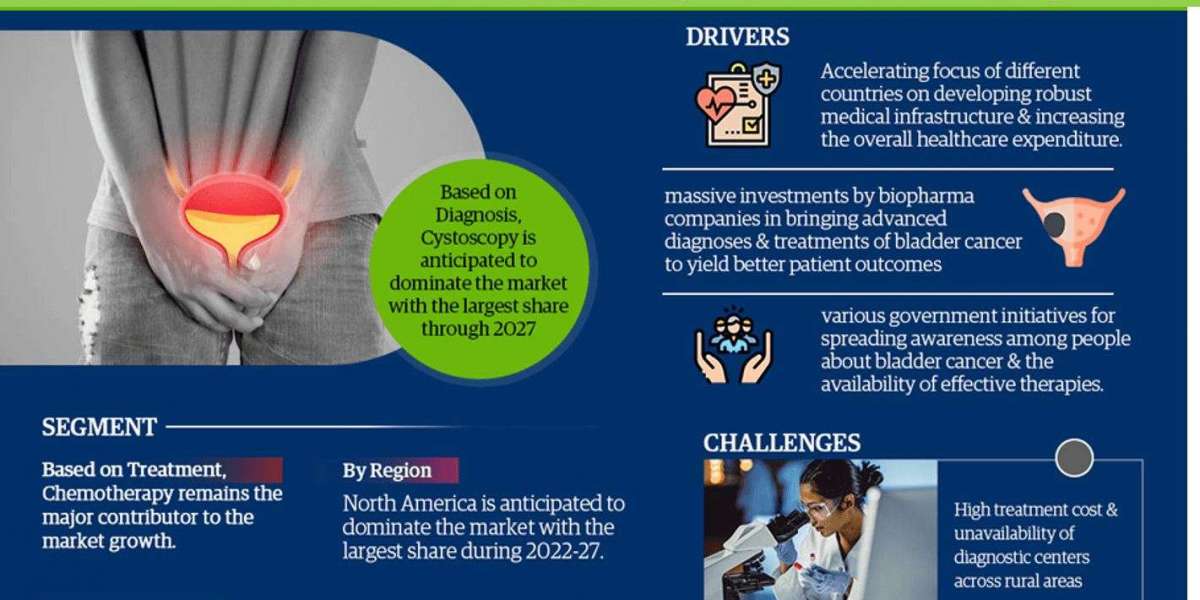Web development has evolved rapidly over the past decade, with technological advancements driving the creation of sophisticated websites and applications. Today, the importance of using robust frameworks to simplify and accelerate development cannot be overstated. Developers are increasingly turning to versatile stacks and frameworks like MEAN, MERN, PHP, Laravel, and CodeIgniter to deliver high-performing digital solutions. This article explores these frameworks' role in web development, their unique advantages, and how they contribute to creating cutting-edge websites and applications.
Understanding MEAN and MERN Stacks
The MEAN and MERN stacks are popular choices for building modern web applications. They are full-stack JavaScript solutions that allow developers to work seamlessly across the front and back end. Both stacks include MongoDB for the database, Express.js for the back-end framework, and Node.js as the runtime environment. However, the primary difference lies in the front-end library:
- MEAN uses Angular, a framework ideal for creating dynamic, single-page applications.
- MERN, on the other hand, incorporates React, a library favored for its flexibility and ability to handle complex user interfaces effectively.
These stacks provide developers with an end-to-end JavaScript solution, streamlining the development process. For teams looking to harness these technologies, understanding the advantages of using MEAN and MERN frameworks can provide significant competitive advantages.
Advantages of MEAN and MERN Stacks
Both MEAN and MERN stacks offer a range of benefits:
- Single Language Proficiency: Using JavaScript across the entire stack simplifies the learning curve for developers and ensures seamless communication between components.
- Scalability: These stacks are built for scalability, making them ideal for startups and enterprises planning for future growth.
- Cost Efficiency: The open-source nature of these technologies reduces software development costs without compromising quality.
- Community Support: With thriving developer communities, finding resources, tutorials, and solutions is straightforward.
When utilized effectively, these stacks empower businesses to create innovative and robust applications tailored to their needs.
PHP: A Backbone of Web Development
While JavaScript frameworks have gained significant traction, PHP remains a foundational technology in web development. Known for its simplicity and efficiency, PHP powers a significant portion of websites across the internet. Developers often leverage frameworks like Laravel and CodeIgniter to maximize PHP’s potential and streamline development workflows.
The Versatility of Laravel
Laravel is a popular PHP framework celebrated for its elegant syntax and robust features. Its built-in tools for authentication, routing, and database management make it an excellent choice for building complex applications. Developers can learn more about modern PHP frameworks like Laravel to explore its extensive benefits, including built-in security measures and scalability.
The Simplicity of CodeIgniter
CodeIgniter, another PHP-based framework, is known for its lightweight architecture. It’s particularly useful for projects requiring minimal configuration and rapid deployment. Its ease of use makes it an excellent option for developers seeking to create dynamic websites with shorter development cycles.
Why Frameworks Are Essential for Web Development
Frameworks simplify the software development process, allowing developers to focus on writing efficient code instead of dealing with repetitive tasks. They provide predefined structures, libraries, and tools, making it easier to maintain, scale, and secure applications. Below are some key reasons why frameworks like MEAN, MERN, PHP, Laravel, and CodeIgniter are indispensable:
- Speed and Efficiency: Frameworks reduce the time needed to develop applications by offering reusable components and automated tools.
- Enhanced Security: Many frameworks come with built-in security features to protect applications from common vulnerabilities like SQL injection and cross-site scripting.
- Cross-Platform Compatibility: Frameworks enable developers to create applications that work seamlessly across various devices and operating systems.
- Scalability: Modern frameworks are designed to accommodate growing business needs, allowing applications to evolve alongside user demands.
For businesses aiming to develop resilient web solutions, relying on cutting-edge development stacks and frameworks is a strategic choice.
Selecting the Right Framework for Your Project
Choosing the best framework depends on the project’s requirements and the development team's expertise. While MEAN and MERN stacks are ideal for JavaScript-heavy projects, PHP frameworks like Laravel and CodeIgniter are better suited for server-side development tasks.
When selecting a framework, consider factors such as:
- Project Size: Larger projects often benefit from the modularity of Laravel or the scalability of MEAN/MERN stacks.
- Time Constraints: Tight deadlines may favor frameworks like CodeIgniter, known for its quick setup and deployment.
- Community Support: Established frameworks with active communities can save valuable time during development.
For developers seeking to delve deeper into the benefits of diverse web frameworks, continuous research and experimentation are vital to staying ahead in the tech landscape.
The Future of Web Development Frameworks
As technology evolves, so too will the frameworks used to build web applications. Emerging trends such as artificial intelligence, blockchain integration, and progressive web applications will influence the development landscape. Frameworks will continue to adapt, offering new tools and features to meet these demands.
For instance, the integration of machine learning libraries into frameworks like Laravel or Node.js can empower developers to create smarter, data-driven applications. Similarly, advancements in JavaScript-based frameworks will pave the way for more intuitive and responsive user experiences.
Conclusion
Frameworks like MEAN, MERN, Laravel, and CodeIgniter play a pivotal role in modern web development, offering developers the tools and flexibility they need to build exceptional applications. By leveraging these technologies effectively, businesses can create scalable, secure, and user-friendly solutions. Whether you're starting with cutting-edge JavaScript stacks or exploring lightweight PHP frameworks, the possibilities for innovation are endless.
Each framework has its unique strengths, and selecting the right one can make all the difference in achieving project success. Explore these technologies further to unlock their full potential and create web solutions that stand out in today’s competitive digital landscape.








